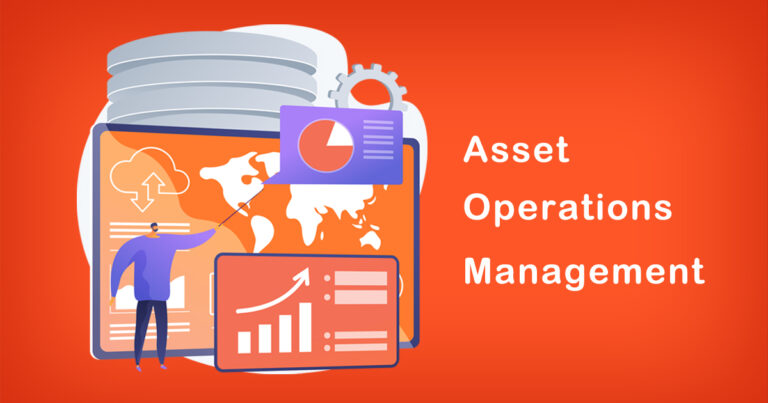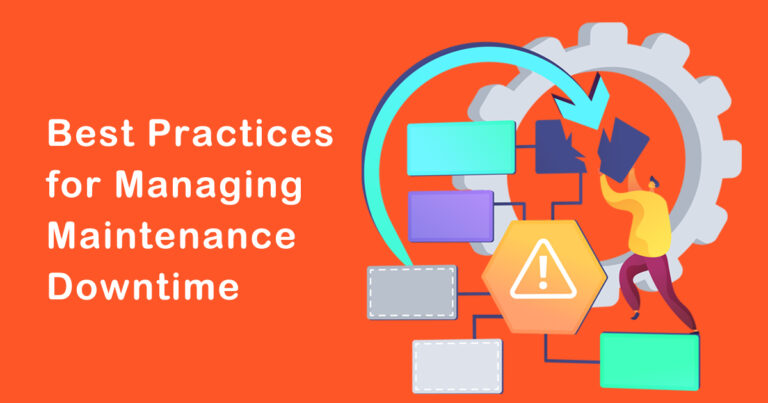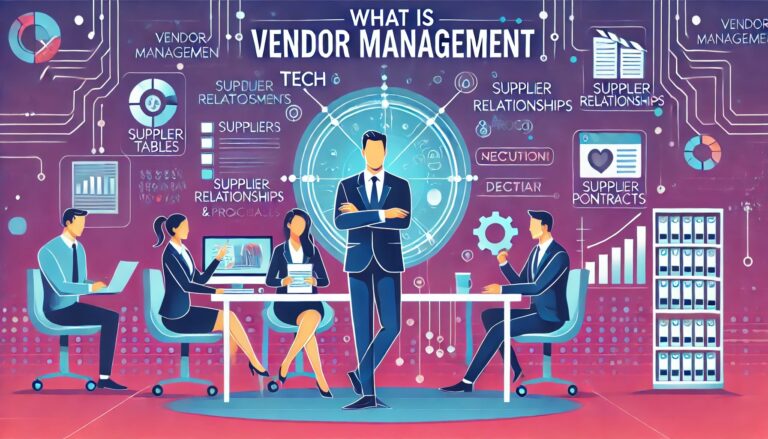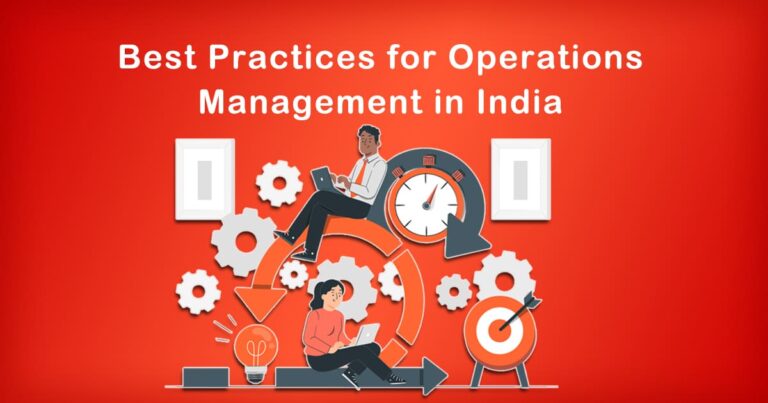Introduction
Supplier Relationship Management (SRM) is a strategic approach to managing interactions with suppliers to maximize value and minimize risks. In today’s globalized economy, where supply chains are increasingly complex, SRM plays a crucial role in fostering collaborative relationships and driving competitive advantage. This blog explores the concept of what is Supplier Relationship Management (SRM), its importance, strategies, and applications within the context of India’s business landscape.
Understanding Supplier Relationship Management (SRM)
Supplier Relationship Management (SRM) refers to the systematic approach of managing supplier relationships to achieve mutual benefits and optimize the supply chain. It involves developing strong, collaborative partnerships with suppliers based on trust, transparency, and shared goals. SRM extends beyond transactional interactions to encompass strategic alignment, innovation, and continuous improvement.
Importance of Supplier Relationship Management (SRM) in India
In India, SRM is becoming increasingly critical due to several factors:
Diverse Supplier Base:
India boasts a diverse supplier ecosystem across industries, ranging from manufacturing and IT services to agriculture and pharmaceuticals. Effective SRM helps organizations leverage this diversity to drive innovation and cost efficiencies.
Global Supply Chains:
With India’s integration into global supply chains, managing relationships with international suppliers becomes pivotal. SRM ensures seamless coordination and compliance with international standards and regulations.
Cost Optimization:
SRM focuses on negotiating favorable terms, reducing procurement costs, and optimizing inventory levels. This is crucial in a cost-sensitive market like India.
Risk Mitigation:
By fostering strong supplier relationships, organizations can mitigate risks such as supply disruptions, quality issues, and regulatory compliance failures.
Components of Supplier Relationship Management (SRM)
Effective SRM comprises several key components:
Supplier Segmentation:
Classifying suppliers based on strategic importance, performance, and criticality to tailor relationship management strategies.
Relationship Development:
Building trust and collaboration through regular communication, joint planning, and shared goals.
Performance Management:
Monitoring supplier performance against predefined metrics such as quality, delivery, cost, and innovation.
Contract Management:
Establishing clear contractual agreements that outline expectations, terms, and conditions to ensure mutual understanding and compliance.
Strategies for Successful Supplier Relationship Management (SRM)
To excel in SRM, organizations can adopt the following strategies:
Collaborative Partnerships:
Foster open communication and mutual trust to align strategic objectives and drive joint value creation.
Supplier Development Programs:
Invest in supplier capability building, training, and technology adoption to enhance performance and innovation.
Continuous Improvement:
Implement feedback loops and performance reviews to identify areas for improvement and innovation.
Risk Management:
Develop contingency plans, diversify supplier bases, and proactively address potential risks to ensure supply chain resilience.
Applications of Supplier Relationship Management (SRM) in India
In India, SRM finds application across various sectors:
Manufacturing:
Enhancing supplier collaboration to improve production efficiency, quality control, and time-to-market.
IT and Services:
Managing relationships with IT vendors and service providers to ensure seamless delivery and innovation in technology solutions.
Retail:
Optimizing supplier partnerships to maintain product availability, manage inventory costs, and respond to changing consumer demands.
Healthcare:
Ensuring reliable supply chains for pharmaceuticals and medical devices, adhering to regulatory requirements, and promoting patient safety.
Challenges and Opportunities
Despite its benefits, SRM in India faces challenges such as:
Supplier Fragmentation:
Dealing with a large number of small and medium-sized suppliers can pose integration and standardization challenges.
Cultural Differences:
Managing relationships with diverse suppliers across regions and cultures requires sensitivity and adaptation.
Technological Integration:
Adopting digital tools and platforms for effective SRM implementation and data-driven decision-making.
Future Outlook
Looking ahead, the future of SRM in India is promising. With advancements in technology, analytics, and supply chain management practices, organizations have the opportunity to elevate SRM from a transactional function to a strategic imperative. By investing in robust SRM frameworks and nurturing collaborative supplier partnerships, Indian businesses can enhance competitiveness, drive innovation, and achieve sustainable growth in a dynamic global marketplace.
Conclusion
Supplier Relationship Management (SRM) is not just about managing transactions; it’s about building strategic alliances that drive value and innovation. In India, where supplier diversity and global integration are on the rise, SRM offers a pathway to operational excellence and competitive advantage. By understanding the principles, strategies, and applications of SRM, businesses can navigate complexities, mitigate risks, and leverage supplier partnerships for long-term success.








